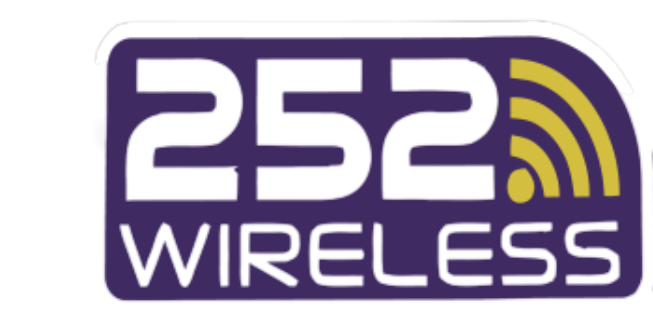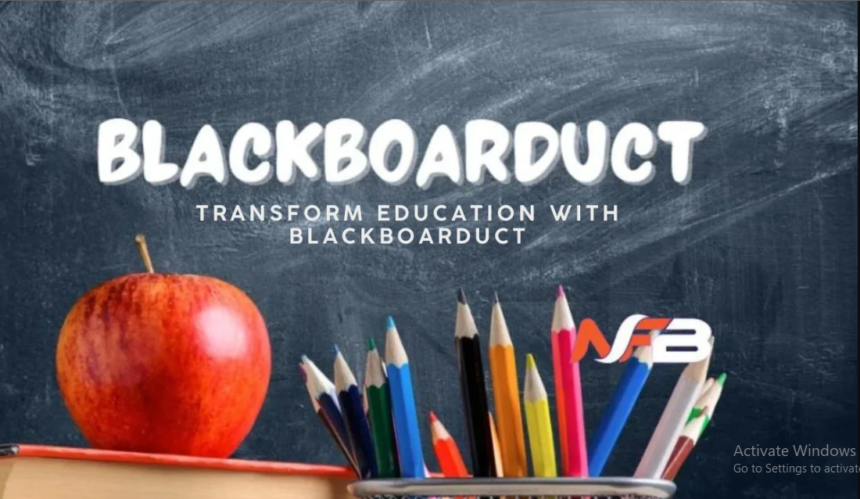What is BlackboardUCT?
BlackboardUCT is the University of Cape Town’s (UCT) official learning management system (LMS). The platform, based on the global Blackboard LMS, is designed to support the university’s teaching, learning, and administrative processes in a digital environment. BlackboardUCT offers a centralized platform where students and instructors can interact, manage coursework, share resources, and communicate. It provides the tools necessary to manage both online and blended learning, making it a crucial component in modern education at UCT.
BlackboardUCT is not only a course management system; it is a comprehensive platform that integrates various features to improve the educational experience. Whether it’s managing assignments, engaging in discussions, or tracking academic progress, BlackboardUCT ensures that both students and instructors have the necessary resources to succeed.
Key Features of BlackboardUCT
BlackboardUCT is designed to streamline learning by offering a wide range of tools for students and instructors. Below are some of the most important features of the platform:
1. Course Management
One of the core features of BlackboardUCT is its ability to help instructors create and manage course materials. Instructors can upload lecture notes, readings, videos, and other educational resources to the platform, making it accessible to students at all times. The platform supports various formats, from PDF documents to multimedia content, which enables instructors to offer diverse learning materials.
BlackboardUCT allows instructors to organize their courses in a logical and easy-to-navigate manner. Course content can be divided into modules, making it simple for students to follow along with the course structure.
2. Collaboration Tools
BlackboardUCT encourages interaction among students and instructors through a range of collaboration tools. The platform supports discussion boards, wikis, blogs, and group projects. These tools allow students to share their thoughts, ideas, and questions, which enhances the learning experience. Collaboration tools also promote active learning by encouraging students to engage in meaningful discussions and exchange knowledge.
For example, the discussion board feature allows students to post questions and responses on course-related topics, while instructors can guide and moderate the discussions. Wikis and blogs, on the other hand, provide opportunities for students to work on group projects or reflect on course materials in a collaborative setting.
3. Assessment Tools
BlackboardUCT offers various assessment tools that enable instructors to evaluate student progress and performance. Instructors can create quizzes, tests, and assignments directly on the platform, providing a seamless process for both submission and grading. These assessments can include multiple-choice questions, short answers, essays, and other formats.
One of the major advantages of BlackboardUCT is the ability to grade assignments electronically. Instructors can provide immediate feedback, track student performance over time, and grade assignments directly within the platform. This not only saves time but also ensures that feedback is given in a timely and efficient manner.
4. Gradebook
The Gradebook feature is an essential component of BlackboardUCT. This tool allows instructors to track student performance in a centralized place. It automatically calculates and updates grades based on the assessments submitted, providing students with real-time access to their progress. Students can view their grades, compare performance across different assignments, and stay informed about areas that need improvement.
The Gradebook also provides instructors with an overview of how the entire class is performing. This allows instructors to identify trends, offer targeted support, and adjust their teaching strategies to better meet students’ needs.
5. Virtual Classrooms
BlackboardUCT supports virtual classrooms through its integration with Blackboard Collaborate, which is an online conferencing tool. Blackboard Collaborate allows instructors to conduct live, real-time classes, discussions, and presentations. These virtual sessions replicate the experience of an in-person classroom, where students can interact with their peers and instructors, ask questions, and participate in discussions.
The ability to hold live sessions is particularly useful for courses that are taught in a blended format, as it ensures that students can still engage with the instructor and fellow classmates, even if they cannot be physically present on campus.
6. Mobile Access
BlackboardUCT is accessible on mobile devices through the Blackboard mobile app. This feature ensures that students and instructors can access course materials, assignments, and communications anytime, anywhere. The mobile app is particularly useful for students who need to stay connected to their courses while on the go. They can check for announcements, submit assignments, or even participate in discussions without needing a computer.
The mobile version of BlackboardUCT offers a similar experience to the desktop version, ensuring that users can easily navigate the platform and perform necessary tasks on their mobile devices.
How BlackboardUCT Enhances Learning at UCT
The implementation of BlackboardUCT at UCT plays a significant role in enhancing the educational experience for both students and instructors. It offers a comprehensive set of tools that support a variety of learning styles and instructional methods.
Flexibility in Learning
One of the biggest advantages of BlackboardUCT is its ability to offer flexible learning solutions. With the growing demand for online education and blended learning, BlackboardUCT provides a platform where students can access materials at any time and from any location. This flexibility is particularly beneficial for students who may have other commitments, such as work or family responsibilities, that make attending traditional face-to-face classes challenging.
Engaging Student Experience
BlackboardUCT fosters a more engaging and interactive learning experience. The use of collaboration tools, virtual classrooms, and interactive assessments makes learning more dynamic. Instead of simply receiving information from an instructor, students are actively involved in the learning process. They can participate in discussions, complete interactive quizzes, and collaborate with their peers, making the learning experience more engaging and meaningful.
Improved Communication
Communication is key in any educational setting, and BlackboardUCT provides multiple ways for students and instructors to communicate. Instructors can post announcements, respond to student questions, and provide feedback on assignments. Students can also reach out to instructors or fellow classmates via email, discussion boards, or group projects. These communication tools enhance the overall learning environment and help ensure that students receive the support they need.
Streamlined Administrative Processes
BlackboardUCT also streamlines administrative processes at UCT. It allows instructors to easily manage and track coursework, grading, and communication, reducing the administrative burden. This allows instructors to spend more time focusing on teaching and supporting students, while the platform takes care of the logistical aspects.
Conclusion
BlackboardUCT has revolutionized the way education is delivered at the University of Cape Town. By providing an all-in-one platform for course management, communication, assessment, and collaboration, BlackboardUCT enhances the learning experience for students and instructors alike. The flexibility, engagement, and improved communication offered by the platform make it an invaluable tool in modern education. As online and blended learning continue to grow in popularity, BlackboardUCT will undoubtedly remain at the forefront of digital learning solutions at UCT.
Frequently Asked Questions (FAQs)
1. What is BlackboardUCT used for?
BlackboardUCT is the University of Cape Town’s official learning management system, designed to facilitate course management, assessments, communication, and collaboration. It serves as a central hub for both students and instructors to manage coursework and engage with course materials.
2. How do I access BlackboardUCT?
Students and instructors can access BlackboardUCT using their UCT credentials. Upon logging in, users can view their course materials, assignments, and grades, and interact with instructors and classmates.
3. Is BlackboardUCT mobile-friendly?
Yes, BlackboardUCT is compatible with mobile devices through the Blackboard mobile app. The app allows students and instructors to access course content, submit assignments, and participate in discussions on the go.
4. Can instructors create their own courses on BlackboardUCT?
Yes, instructors can create, manage, and update their courses on BlackboardUCT. They can upload course materials, create assignments, and engage with students through various communication tools.
5. Does BlackboardUCT support online live sessions?
Yes, BlackboardUCT supports online live sessions through Blackboard Collaborate. This feature allows instructors to conduct real-time lectures, discussions, and presentations, enhancing the learning experience for remote students.





